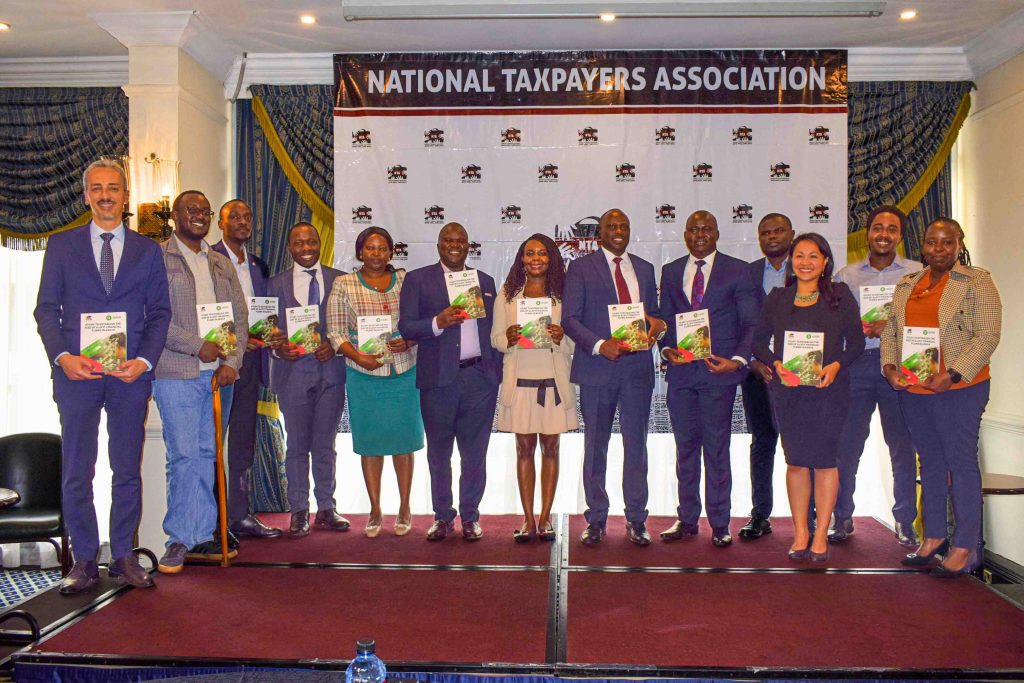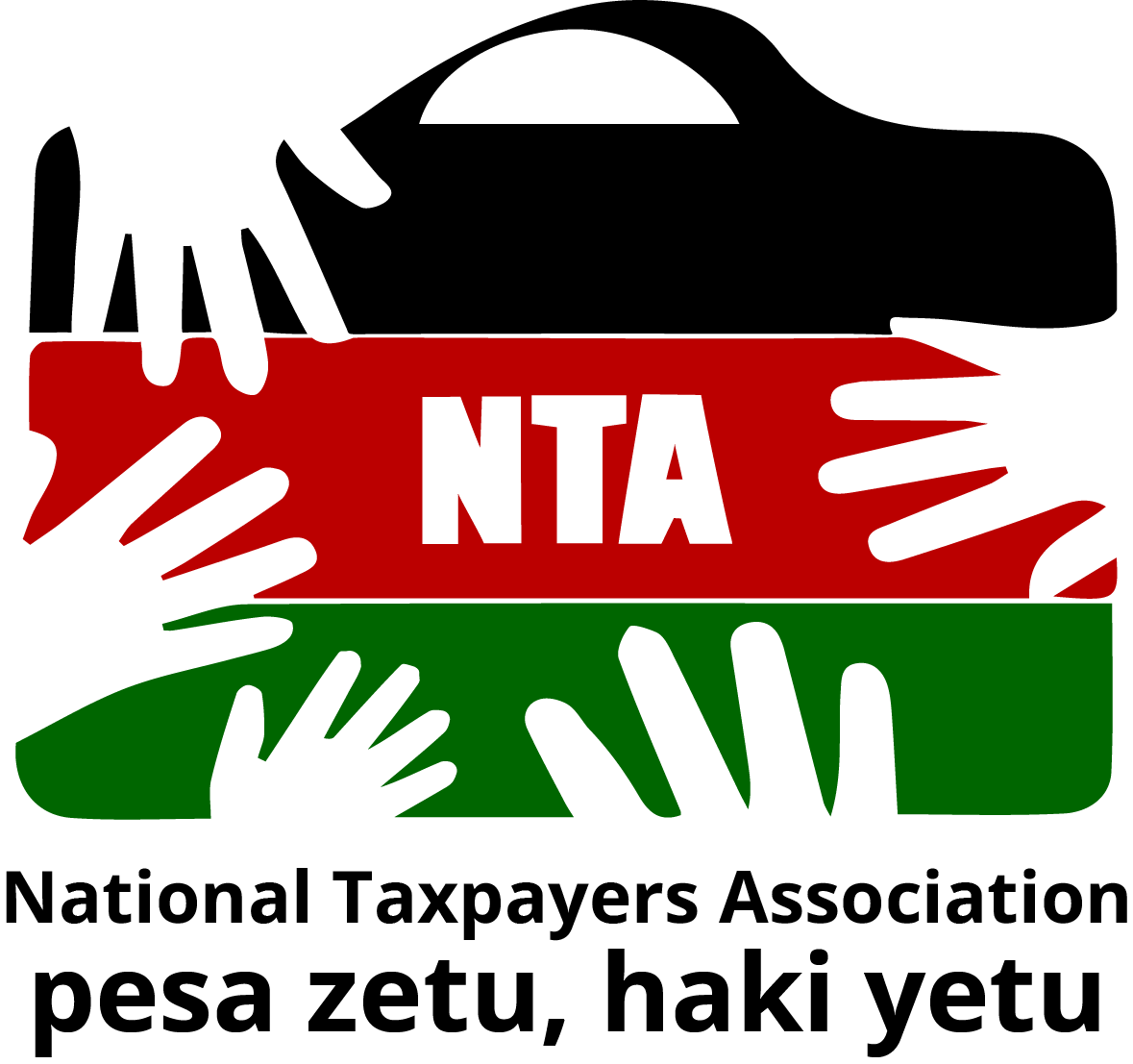On 18th September 2025, the National Taxpayers Association (NTA), in partnership with Oxfam Kenya, launched the Study to Establish the Size of Kenya’s Illicit Financial Flows (IFFs). The landmark study is the first comprehensive attempt to estimate Kenya’s annual losses from corruption, commercial malpractice, and criminal activities. Stakeholders present included the Kenya Revenue Authority (KRA), the Office of the Auditor General (OAG), civil society, and development partners.

In his opening remarks, NTA CEO Patrick Nyangweso highlighted that Africa loses an estimated $88.6 billion annually to IFFs—equivalent to 3.7% of its GDP and larger than the economies of Ghana, Tanzania, or the DRC. He stressed that these are not abstract figures: they represent lost opportunities for health, education, food security, and social services. In Kenya, where two-thirds of households cannot afford a healthy diet, 2.2 million people face acute food insecurity, and much of the national revenue is consumed by debt repayments, such losses are especially devastating.
The study estimates that Kenya loses about KES 253 billion every year through IFFs, including KES 66.9 billion from corruption (with KES 32.1 billion recovered), up to KES 153 billion annually from counterfeit goods, and rising losses from trade mis-invoicing—from KES 1 billion in 2016 to KES 180 billion in 2024. Despite strong legal and institutional frameworks, enforcement remains weak, with gaps in beneficial ownership transparency, inter-agency coordination, and monitoring of high-risk sectors like real estate and foreign exchange.
The report calls for reforms, including reviewing tax exemptions, strengthening enforcement and data integration, enhancing international cooperation, and imposing strict sanctions and asset recovery measures to deter politically exposed persons (PEPs) and other perpetrators.
Mr. Nyangweso reaffirmed NTA’s commitment to tax justice advocacy, citizen accountability, and amplifying the voices of marginalized groups. He emphasized that NTA plays a crucial role in ensuring transparency, efficiency, and value for taxpayer money, especially at a time of austerity and heightened public demand for accountability.
The launch of this study marks a milestone in Kenya’s fight against IFFs, laying the groundwork for stronger domestic resource mobilization and financing of sustainable development.
